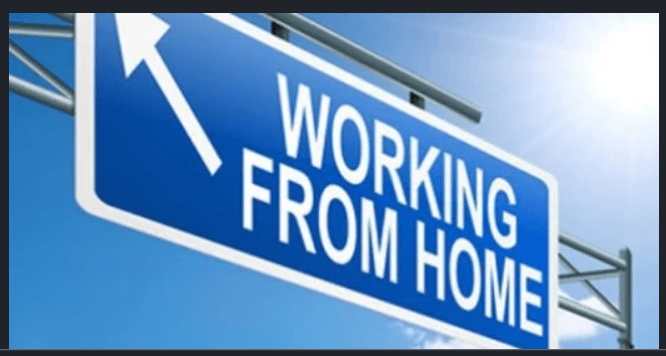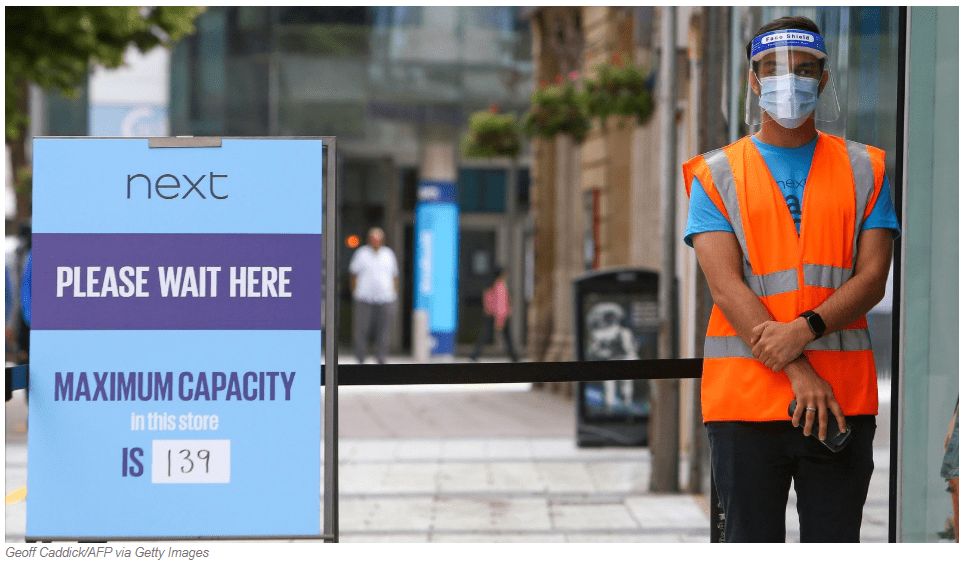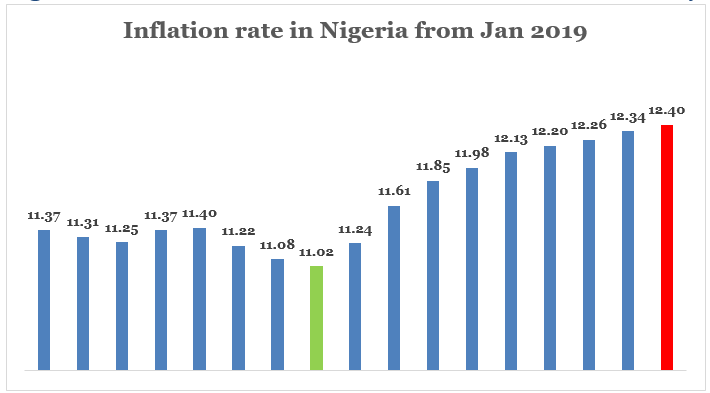Fiscal Policies for a Transformed World
The ongoing COVID-19 pandemic has already prompted an unprecedented fiscal policy response of close to $11 trillion worldwide. But with confirmed cases and fatalities still rising fast, policymakers will have to keep the public health response their No. 1 priority while retaining supportive and flexible fiscal policies and preparing for transformational economic change.









